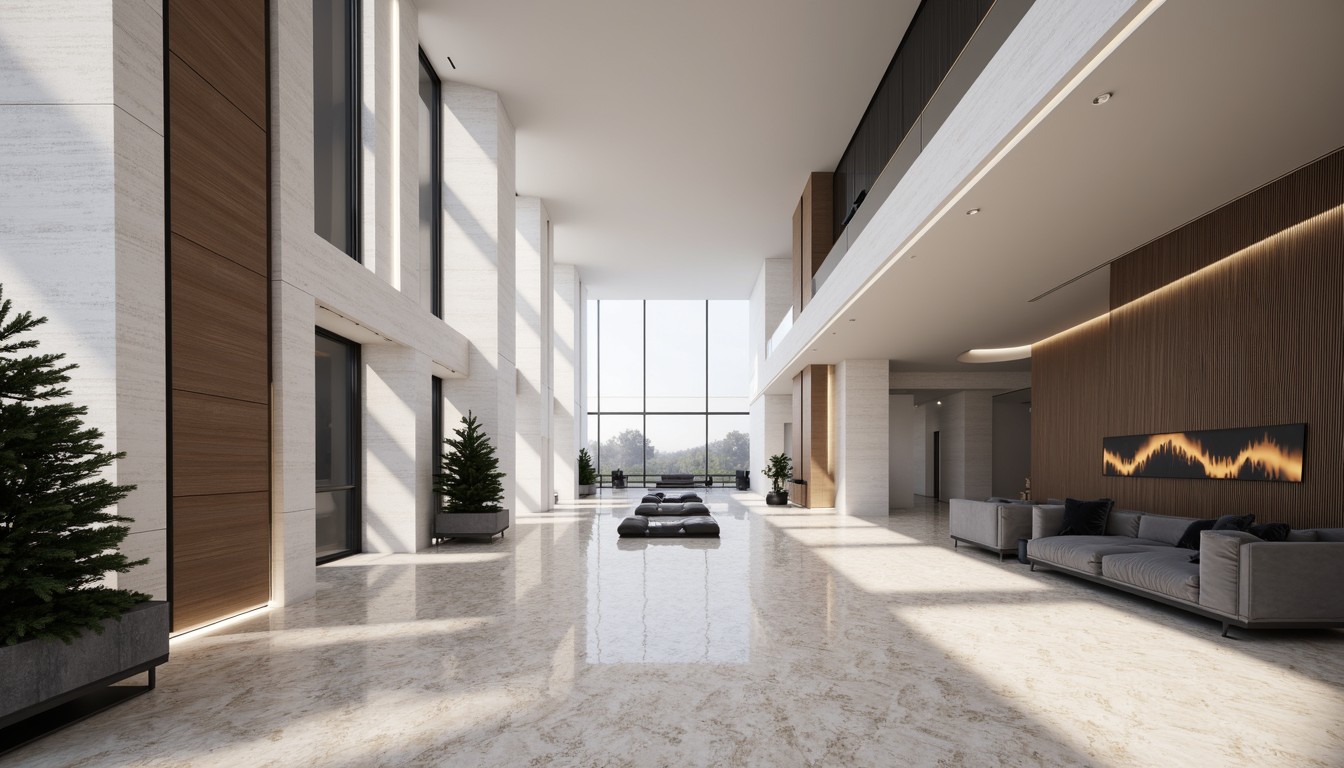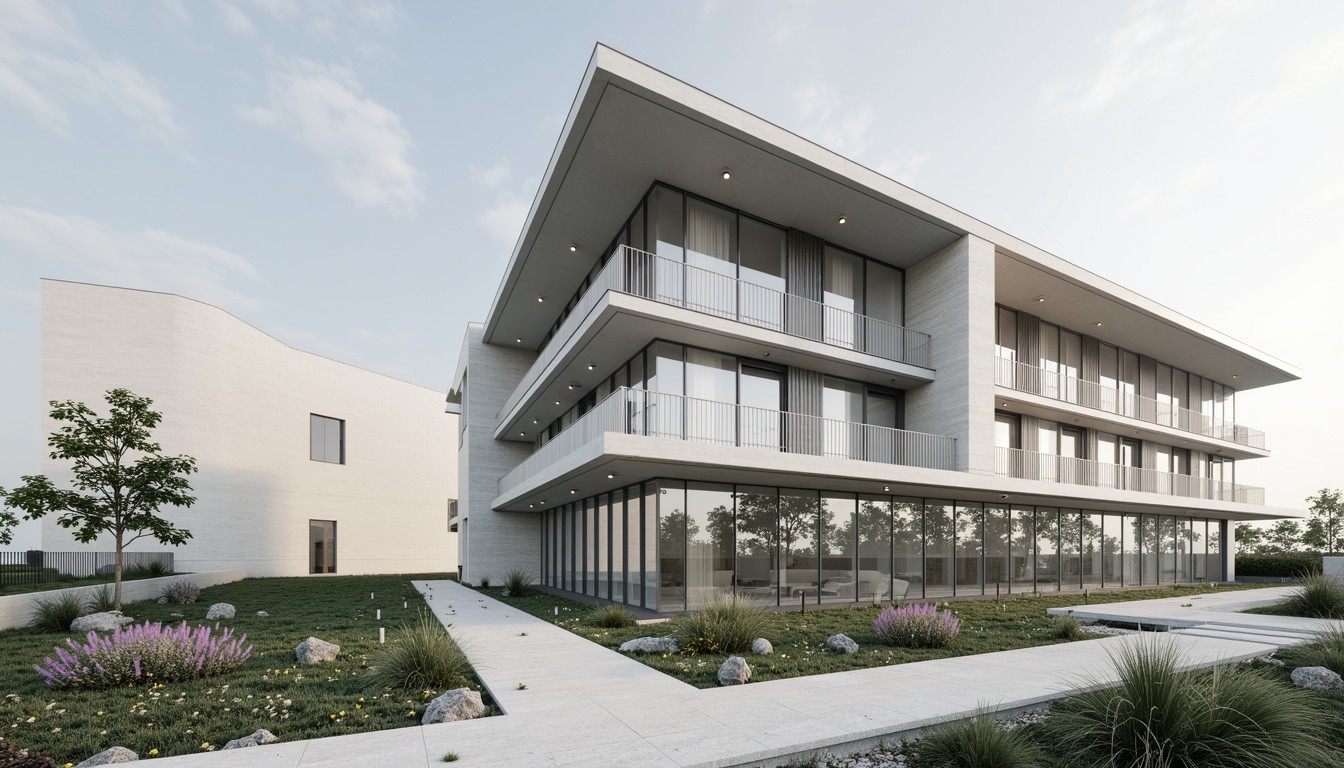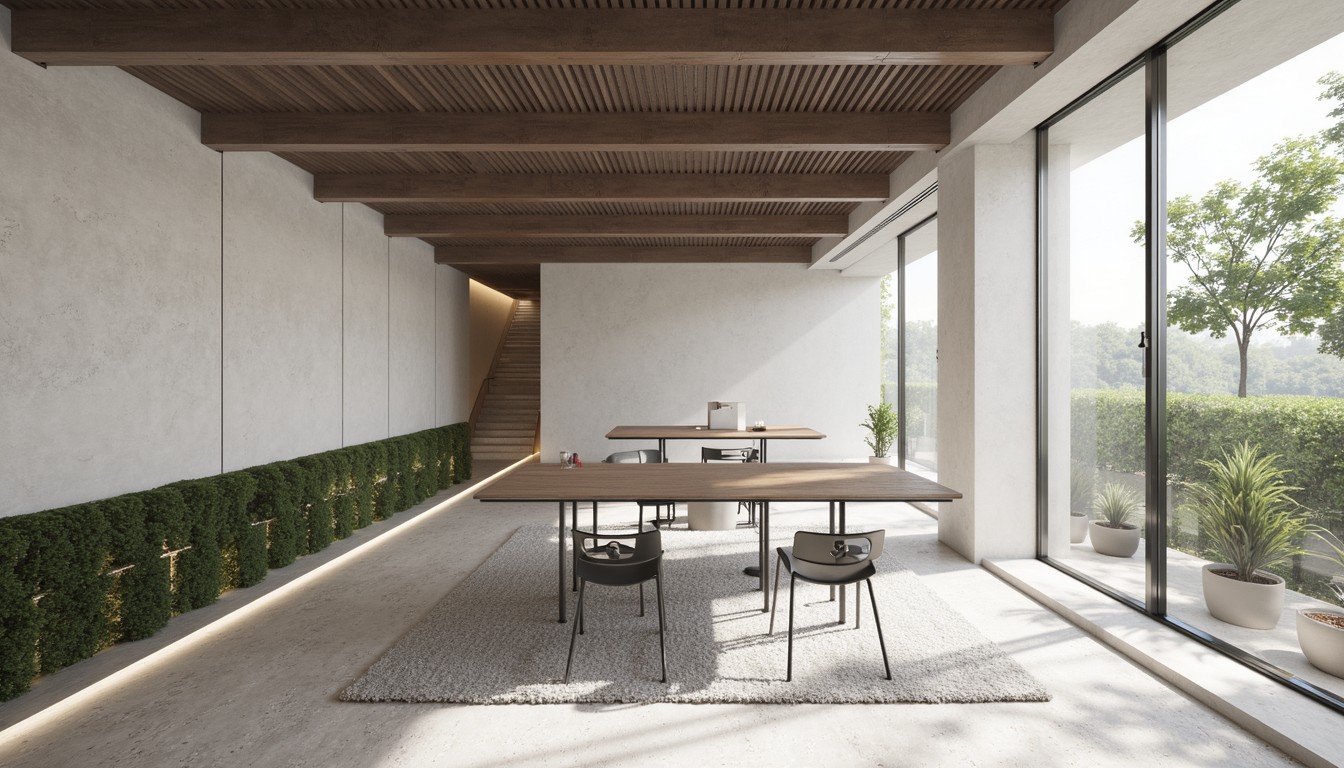3D Printing in Construction: Building the Future
The construction industry, traditionally slow to adopt new technologies, is experiencing a seismic shift with the rise of 3D printing. No longer a futuristic fantasy, additive manufacturing – the process of 3D printing – is rapidly becoming a viable and increasingly significant player in building the structures of tomorrow. This innovative technology offers a plethora of benefits, from increased efficiency and reduced waste to the creation of complex architectural designs previously deemed impossible.
The Mechanics of 3D Construction Printing

3D construction printing, also known as additive manufacturing in construction, utilizes various techniques to layer materials, typically concrete, to create three-dimensional structures. Several methods exist, each with its own strengths and limitations:
- Extrusion-based 3D printing: This method involves a nozzle that extrudes a continuous stream of material, layer by layer, following a digital design. It's commonly used with concrete and other cementitious materials.
- Binder jetting: This technique uses a binding agent to join granular materials, such as sand or cement powder, creating a solid structure. It offers high precision and is suitable for intricate designs.
- Vat polymerization: This method uses a liquid resin that is cured using UV light, layer by layer, to build the structure. While less common in large-scale construction, it's useful for creating highly detailed components.
The choice of method often depends on the project's scale, material requirements, and desired level of detail. Advancements in material science are continually expanding the possibilities, with research exploring the use of recycled materials and sustainable alternatives.
Real-World Applications and Case Studies

3D printing is no longer a theoretical concept; it's being implemented in real-world projects globally. From small-scale residential projects to large-scale infrastructure initiatives, the applications are diverse and impressive:
- Residential Housing: Companies are successfully building entire houses using 3D printing, drastically reducing construction time and labor costs. This is particularly impactful in addressing the global housing shortage.
- Infrastructure Projects: Bridges, retaining walls, and other infrastructure components are being 3D printed, offering advantages in terms of durability, design flexibility, and speed of construction.
- Architectural Design: The ability to create complex geometries and intricate details opens up exciting possibilities for architects, pushing the boundaries of design and enabling the construction of truly unique structures.
- Disaster Relief: 3D printing can be crucial in disaster relief efforts, allowing for the rapid construction of shelters and temporary housing in affected areas.
Notable examples include ICON's work on affordable housing andApis Cor's construction of various buildings, showcasing the potential of this technology to revolutionize the industry.
Benefits and Challenges of 3D Construction Printing
Benefits:
- Increased Efficiency and Speed: 3D printing significantly reduces construction time compared to traditional methods.
- Reduced Labor Costs: Automation reduces the need for manual labor, lowering overall costs.
- Sustainable Construction: Less material waste and the potential use of recycled materials promote sustainable building practices.
- Design Flexibility: Complex and intricate designs become achievable, pushing creative boundaries.
- Improved Accuracy and Precision: 3D printing ensures high accuracy and minimizes errors.
Challenges:
- High Initial Investment: The cost of 3D printing equipment can be substantial.
- Material Limitations: The range of printable materials is still developing.
- Scalability Issues: Scaling up 3D printing for large-scale projects presents challenges.
- Regulatory Hurdles: Building codes and regulations may need to adapt to accommodate 3D-printed structures.
- Skilled Workforce: A skilled workforce is needed to operate and maintain the equipment.
The Future of 3D Printing in Construction

The future of 3D printing in construction is bright. Ongoing research and development are addressing the current challenges, and we can expect to see even more innovative applications in the coming years. The integration of artificial intelligence (AI), robotics, and advanced materials will further enhance the capabilities of this technology, making it even more efficient, sustainable, and cost-effective.
As 3D printing becomes more widely adopted, we can anticipate a shift in the way buildings are designed, constructed, and experienced. ArchNav is at the forefront of this revolution, leveraging the latest advancements in 3D visualization and modeling to help architects and construction companies realize the full potential of 3D printing.
ArchNav: Your Partner in 3D Construction Visualization
ArchNav provides high-quality architectural visualization services, including realistic renderings and animations of 3D-printed structures. Our expertise allows clients to visualize their projects in detail before construction, ensuring accurate design and efficient project management. Contact us today to learn how we can help you harness the power of 3D printing for your next project.
